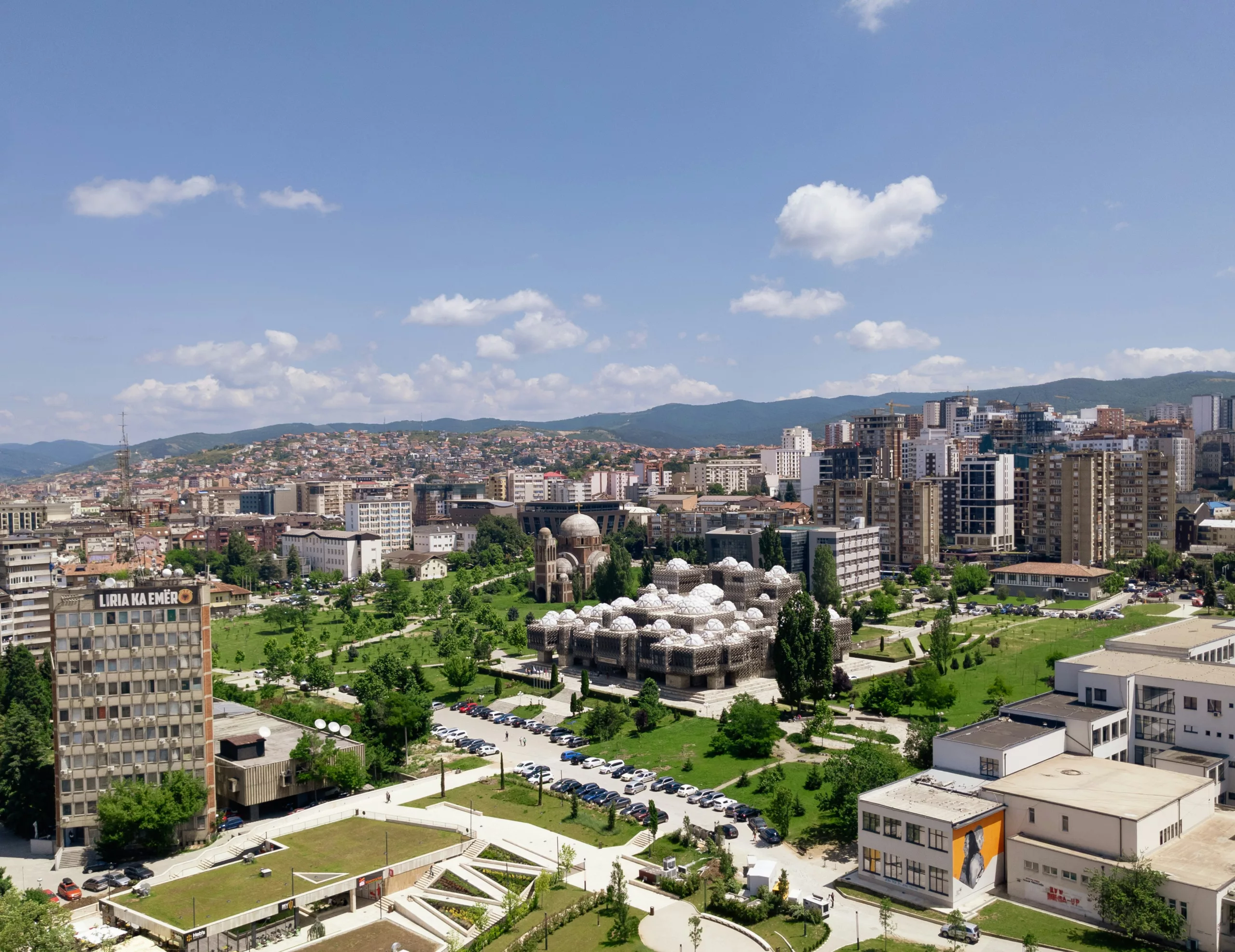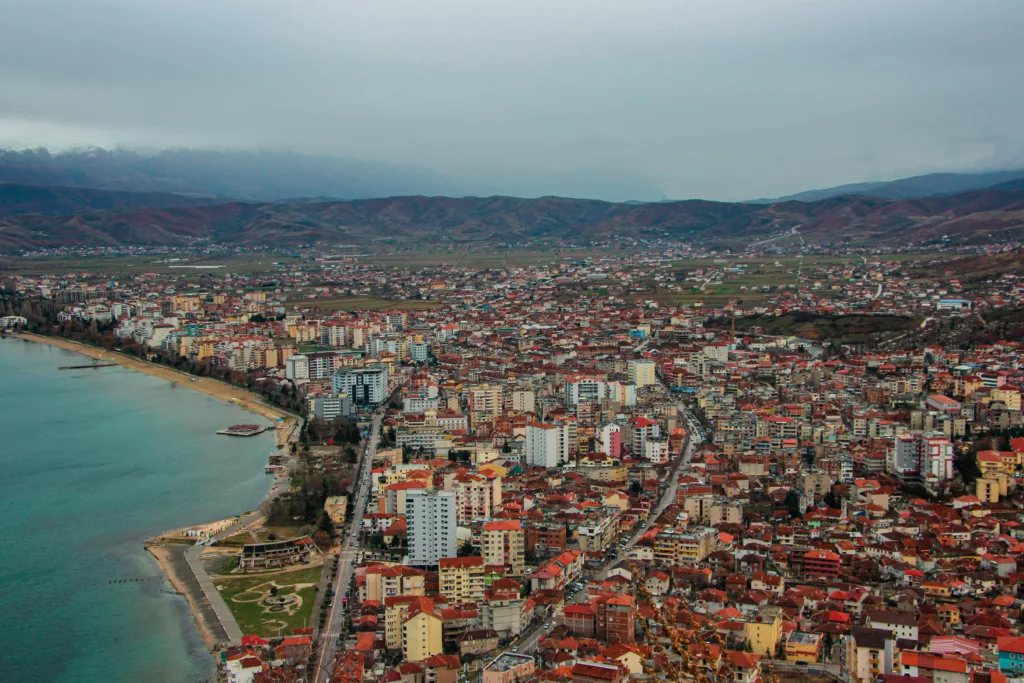RenovAID – Buildings Renovation
Enabling the governments of Albania and Kosovo to develop policy frameworks for improving the energy efficiency of the building stock in line with EU requirements.
Buildings Energy Efficiency Energy Policy Energy Poverty Energy Transition Energy Transition and Climate-Neutral Buildings

Project info
Albania, Hungary, Kosovo, Poland
11/23 - 10/25
General public, Civil society, Non-governmental organisations, Private sector, National governments
382,150.80 €
Contact info
Izabela Fortuniak
- Institute for Development Policy (INDEP)
- Balkan Green Foundation (BGF)
- Energiaklub Climate Policy Institute and Applied Communications Association (Energiaklub)
- Milieukontakt Albania
Background
As buildings account for the largest share of energy consumption in Europe, improving their energy efficiency and reducing their energy consumption are key pillars in the pursuit of a decarbonised building stock by 2050, contributing to the implementation of the European Green Deal.
Kosovo and Albania, both officially considered as potential candidates for EU membership, have some of the most inefficient building stocks and the two highest energy poverty rates (40% and 37% respectively) in Europe. Despite their plans to reduce energy consumption, Kosovo and Albania lack adequate policy frameworks to scale up improvements – especially in the residential building sector – and support measures that could accelerate renovation.

Project
Drawing on evidence-based analyses, the project provides the governments of Kosovo and Albania with policy recommendations on how to improve the energy efficiency of buildings. The Kosovan and Albanian partners provide expertise based on the two national contexts and engage with local target groups, while the Polish and Hungarian partners share their expertise in EU policy. Training measures, workshops and consultations are organised to provide central and local administrations with the know-how and tools needed to develop long-term renovation strategies in line with EU policies, including the Energy Performance Certificate Framework.
One focus of the project is on energy poverty, which is particularly prevalent in Kosovo and Albania. Policy recommendations are developed, and guidance is provided to local authorities and the national government on how to disseminate information to citizens and the private sector on energy efficiency measures in renovations. Local governments, the private sector, and civil society are trained to establish one-stop shops as a means to facilitate and accelerate the climate-friendly renovation of buildings.
Supporting the implementation of EU climate and energy legislation in Kosovo and Albania can also help to pave their way to EU membership.
Last update: July 2024

